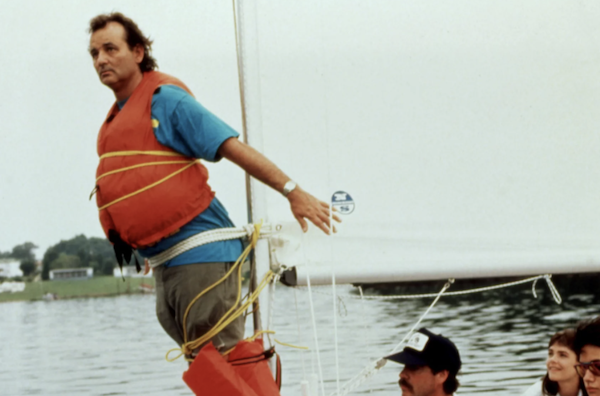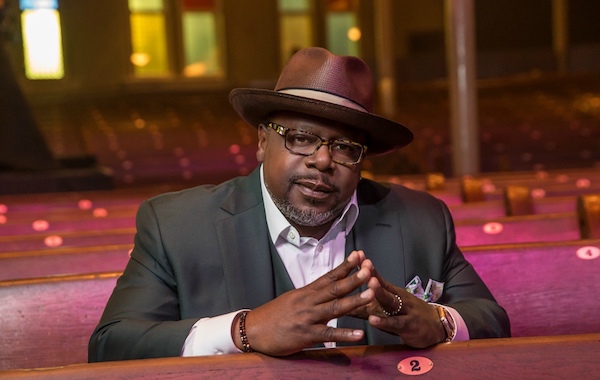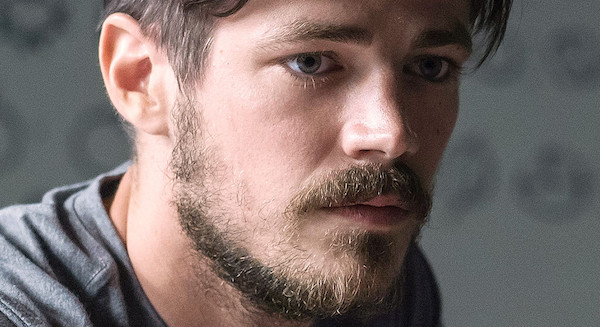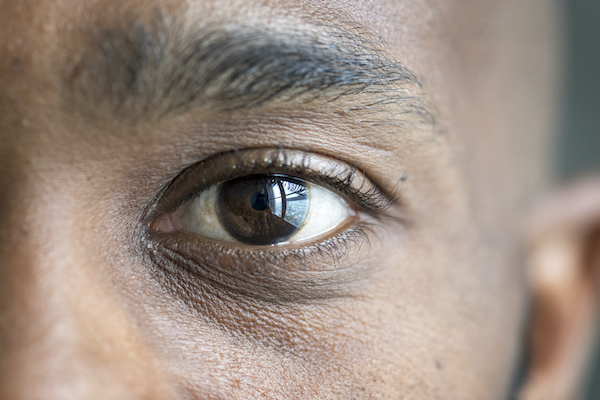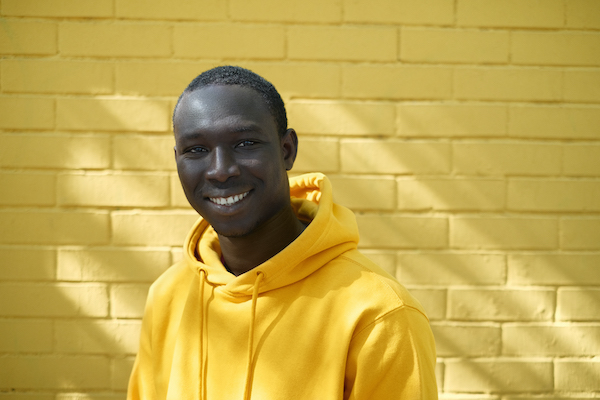In our latest Man Enough episode, one of the “Original Kings of Comedy,” Cedric Entertainer, joined Grant Gustin and Justin Baldoni in his “COVID casual” robe to drop a bit of fatherly wisdom and dispel a few myths surrounding what makes a good dad.
“Being a guy who was raised in a single-parent household, I’m from that generation where the man makes the money,” Cedric said. “But that was my way of taking care of the family. As long as you do that, you did your job. Now that my kids are teenagers, I’ve come to realize that I was a very distant father to my own kids, and it hurts when you realize you don’t know your children the way you should.”
While quarantine has proven a useful opportunity for some fathers to spend quality time at home, it’s been just as big of a reality for the things many dads don’t have to handle while they’re busy earning outside. With more than 30 years as “the entertainer,” including two projects (a biopic Son of the South and comedy, Poor Greg Drowning) on the COVID backburner, Cedric has had plenty of time to take a fatherly inventory.
“My father was around, I just wouldn’t give him his credit. You can be there and let them know you’re there if they need anything, but you’re not engaged. It’s interesting to recognize that I’m not the father I thought I was,” he said. “I take great pride in my kids being my kids because I’m their dad. Sometimes you project an image of yourself, but when things slow down, you can see you let someone else do a lot of the work. You have no excuses when you don’t have to be anywhere.”
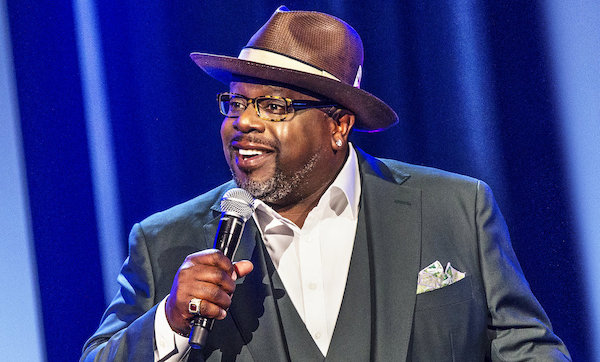
Photo: Netflix
Cedric the Engager
Whereas fathers of older generations just wanted to put food on the table, the new generations are faced with the task of trying to pave their own paths, run their own businesses or work multiple jobs to have the same effect today. And that kind of commitment can make fatherhood nearly impossible, which is why so many families rely on others for help in raising kids, which enables that distance to grow between fathers and their sons or daughters.
“It’s a practice of newer generation dads to be more engaged. The old architects of man say you have to be strong and you have to be a leader of your family and can’t show weakness. My father wasn’t really “there” so I kind of made up being a dad what I thought it should be,” he said. “I was providing, but not necessarily caring.”
Cedric is nothing if not owning his past mistakes, claiming he used to be the dad who told his son to “man up” when he would cry, but he strives to be better now.
“Maybe you thought you’d taught them something but you didn’t teach them anything.”
Not only does that “providing” come with negative side effects for fatherhood, but it also puts a strain or distance between your own personal self-care. But therapy, along with some close-knit quarantining, has given him a new lease on fatherhood.
“My therapy came through couple’s therapy, but it helped me understand I needed this place to voice issues I’d been having and had no idea how to deal with. It goes back to why men are more likely to commit suicide,” he said. “It’s a degree of selfishness that guys grow up with that allows them to be great, powerful human beings. But that same selfishness doesn’t allow you to share anything, which leads men to do something erratic or based off a problem they decided that’s too big to fix.”
As kids begin to grow and mature on their own, fathers slowly return to themselves, but therapy also showed Cedric that building a family empire still requires a solid foundation, even when the little ones leave the nest.
“Your relationships in those early years are all about building the corporation of your family, but as the kids grow up, you realize nobody’s in love. You can let that get so callus that you go into your own corners, but therapy has led me to ask a lot of questions about my attitude toward so many things.”
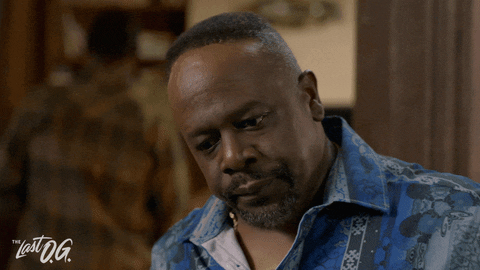
Rich Dad, Poor Dad
According to Cedric, the generations of young Black men, many of whom were fatherless due to incarceration in the ’80s and ’90s, are now becoming fathers themselves after, in many cases, not having one. While racial disparity has become America’s number-one conversation today, prisons have been imprisoning Black men more than five times as much as white men, even ten-fold in a handful of states.
“They don’t have these tools of men to talk to and people who can lead them,” Cedric said. “We’re all a community, so we have to take our time and find out what’s broken. Just know you’re not individually the only one responsible for what happens to you. Go find a little help.”
Although many boys struggle to find consistency in father figures due to wealth inequality or toxic masculinity, the growing absence of successful dads, who may be inclined to give money or shiny objects in place of attention, started raising eyebrows in late 2016. As a result, teens in affluent areas with money and access to lethal substances started experiencing their own epidemic, which began with horse sedatives and quickly escalated to elephant tranquilizers.
It all goes to show, regardless of the reason, kids need their dads to do more than just show up. Whether you’re a dad right now or 10 years from now, what will you strive to be better at for your kids?
For the latest Man Enough episodes, go here.
Then be sure to follow us on Facebook and Instagram. Remember tag us in your most “man enough” moments!
https://www.instagram.com/p/CBd3kQvJTgf/
Cover photo: gpointstudio (Envato Elements)
